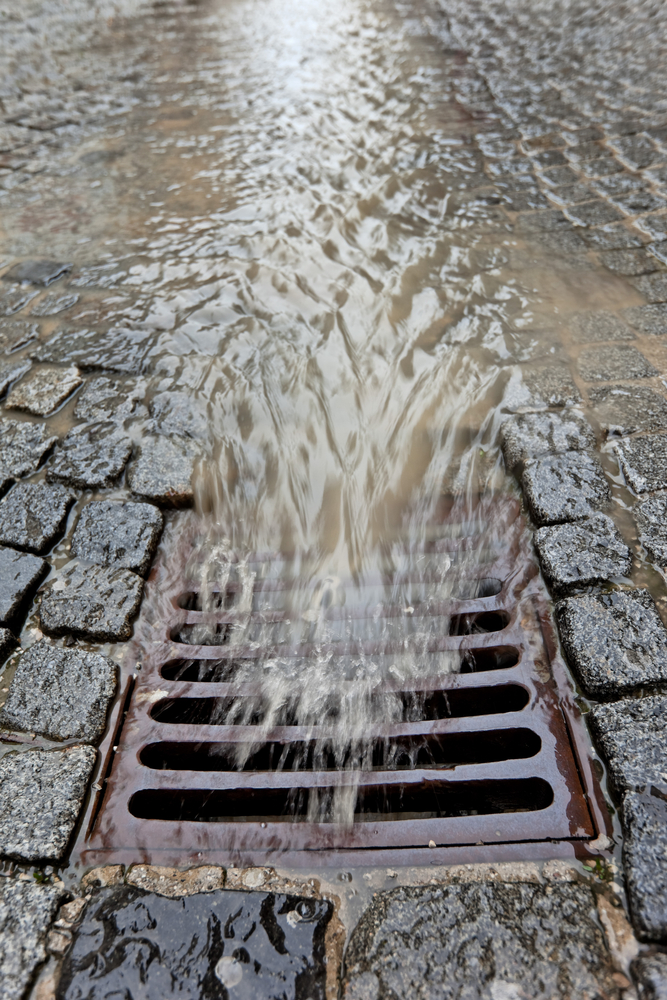The NJ Department of Environmental Protection has awarded $3.5 million in grants for projects to reduce the impacts of non-point source pollution on waterways, including $300,000 for the construction of storm-water planter boxes for trees in North Hudson, Commissioner Catherine R. McCabe announced.
Non-point source pollution is caused by storm-water runoff that carries a wide variety of pollutants into waterways, including nutrients from fertilizers, animal waste, and defective septic systems.
“Improving the health of the state’s waterways and lakes is vital to protecting public health and enhancing recreational opportunities that are important to local economies,” McCabe said.
The grants were awarded to projects deemed best suited to improving water quality through watershed management measures that prevent or reduce non-point source pollution. Funding is being provided through the federal Clean Water Act and New Jersey Corporation Business Tax (CBT).
“Protecting against non-point source pollution and harmful algal blooms are issues affecting every state in the country, and we are very pleased to partner with these communities through these grants to protect New Jersey’s water and public health,” McCabe said. “These grants empower New Jersey communities to protect their lakes and waterways from the effects of phosphorus and other contaminants that can lead to public health risks.”
Big planter boxes
The North Hudson Sewerage Authority (NHSA) will receive a $300,000 grant for the project that would reduce pollution caused by storm-water runoff. The NHSA will install three 900-square-foot storm-water planter boxes for trees and other cover plants in West New York and Weehawken.
Each planter box will provide a minimum of .058 million gallons of annual recharge, remove ten or more pounds of total suspended solids per year, and divert approximately 4,300 gallons of precipitation per storm event.
These efforts will reduce the volume of storm-water entering the combined sewer systems of Weehawken and West New York and demonstrate green infrastructure through their placement at schools and public areas.
“We’re very pleased to have secured this competitive grant from the state, which was among the larger of those awarded in the category of non-point source pollution or pollution caused by storm water,” said NHSA Executive Director Dr. Richard J. Wolff.
“We have a strong commitment to green infrastructure, and we welcome the support of Gov. Murphy and the NJDEP to help us achieve our environmental goals and bring green infrastructure to our service communities.”
For updates on this and other stories, check www.hudsonreporter.com and follow us on Twitter @hudson_reporter. Daniel Israel can be reached at [email protected].






